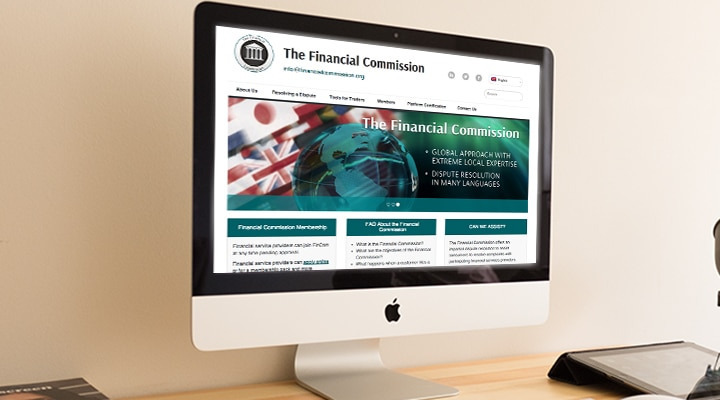A Hong Kong legislator, Wu Jiexhuang, has called for the city to explore the potential of including Bitcoin in its national reserve under the “one country, two systems” policy.
Wu, a member of Hong Kong's Legislative Council, suggested that the region study the market impact of U.S.-based Bitcoin exchange-traded funds (ETFs). He pointed to countries like El Salvador and Bhutan, which have integrated Bitcoin into their reserves, as well as some US states.
Hong Kong Considers Bitcoin for Reserves
Wu emphasized that Bitcoin's inclusion in national reserves could boost Hong Kong's financial stability and attract talent and investment. He believes it could offer a first-mover advantage in managing market fluctuations.
The Hong Kong Financial Services and the Treasury Bureau are expected to develop crypto regulations with the “same business, same risks, same rules” approach.
China Holds 190K Bitcoin Reserves
Wu also referenced U.S. President-elect Donald Trump’s proposal to make Bitcoin a strategic reserve asset, which he believes could impact traditional markets. He noted that if major economies adopt Bitcoin in their reserves, it could stabilize its value and reduce the reliance on traditional assets.
The report also mentioned that China holds 190,000 Bitcoin, making it the second-largest holder of the cryptocurrency, following the United States. In mid-2024, another Hong Kong legislator, Johnny Ng, announced plans to assess Bitcoin’s potential role in Hong Kong’s financial reserves.
Bitcoin Rally Boosts El Salvador
Meanwhile, El Salvador, the first country to adopt Bitcoin as legal tender, has seen its Bitcoin holdings rise in value, recently surpassing $600 million, as reported by Finance Magnates.
This follows a significant rally in Bitcoin's price, which reached over $106,000 after US political events, including Donald Trump's election win and the nomination of crypto-friendly SEC chair candidate Paul Atkins.
The country's Bitcoin experiment, initially met with skepticism due to Bitcoin’s volatility, has brought notable gains since its controversial 2021 decision. President Nayib Bukele highlighted the financial boost, citing a reported $350 million in gains from the national Bitcoin portfolio.


















